Tom Harrison House offers a residential 12-week programme of therapies and activities specifically for ex-military and emergency services personnel. The programme, designed in consultation with veterans in recovery and the only one of its kind in the UK, is one in which the balance between emotional, physical and mental recovery is paramount. In the pre-admission stage, we work with all clients to achieve abstinence prior to embarking on the programme.
In a typical week, the community practice mindfulness, play football together and work with a personal trainer at the gym, will experience a variety of therapeutic and educational groups, support one another in completing recovery assignments, work on their individual recovery and resettlement plans and will attend an equine therapy session, amongst other activities.
We work with each client to begin to develop and embed the mindset, resilience and resources, or more generally the “recovery capital”, necessary to build a strong, stable and robust ongoing recovery. By providing a supportive community, education, therapies and opportunities for real self-development, the programme works as a foundation for a new life, and not just a way to overcome the immediate issue of physical dependence on drugs or alcohol.
It is through this bespoke model, with an emphasis on the role of co-occurring trauma, safety, confidentiality, and camaraderie, as well as reintegration into “civilian” communities, that a community of veterans who possess shared experiences, perspectives, and resources, is built.
The team work closely with partners such as Mersey Care, The Royal British Legion, Liverpool Veterans’ HQ, BNENC, Everton in the Community, Shy Lowen Sanctuary, FACT, Rydal Hall and a host of others to make sure that the programme remains rich and varied, and provides experiences that foster openness, exploration and connection.
We are also a collaborative partner with the NHS High Intensity Service in the North and the Midlands, helping them develop a new and effective pathway for veterans who are in a mental health crisis and need urgent and emergency care and treatment.
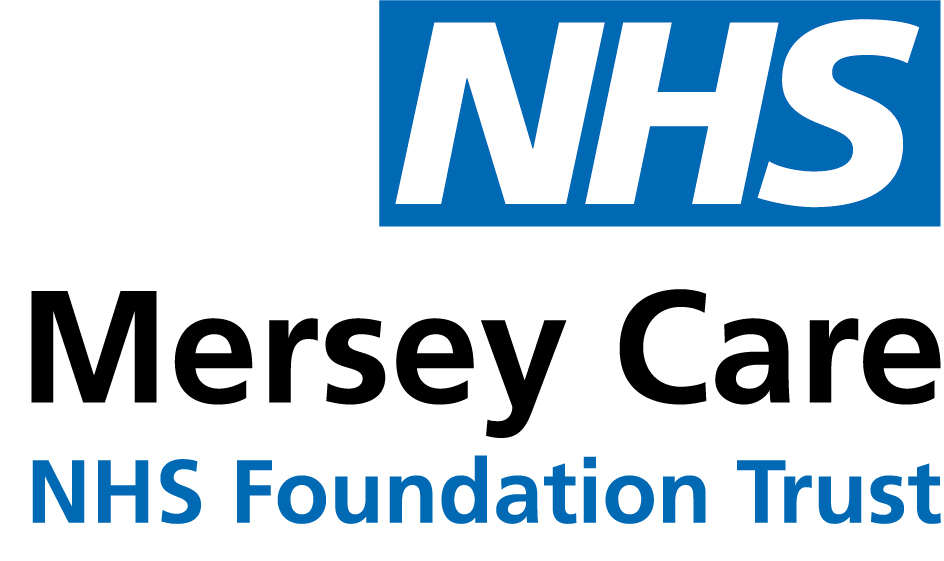
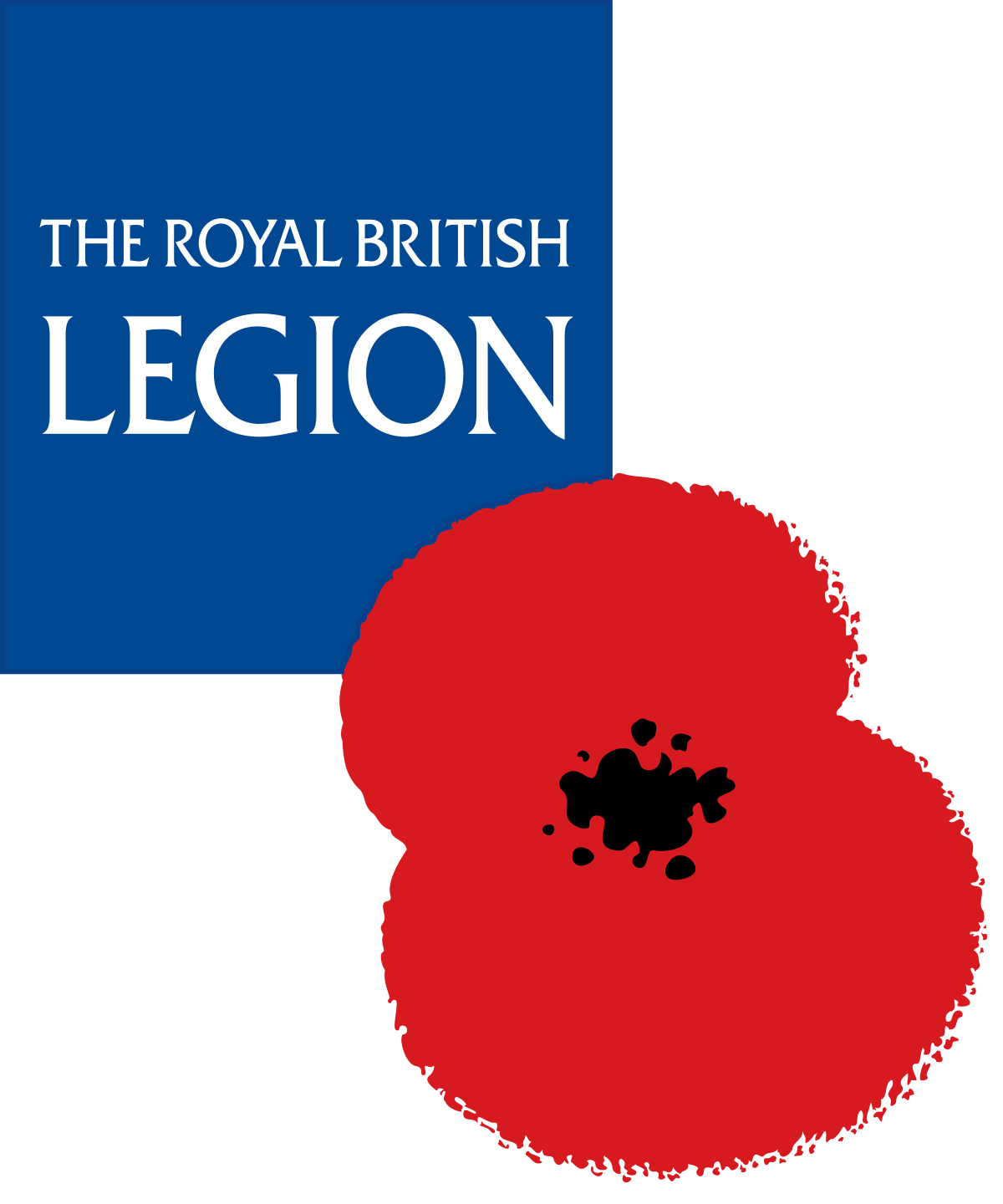


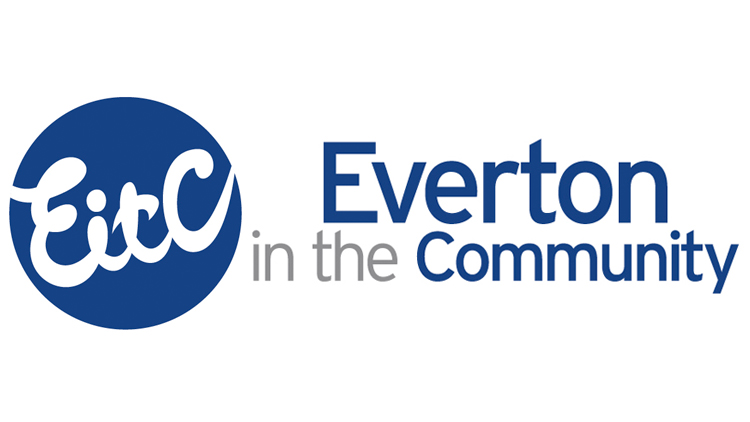
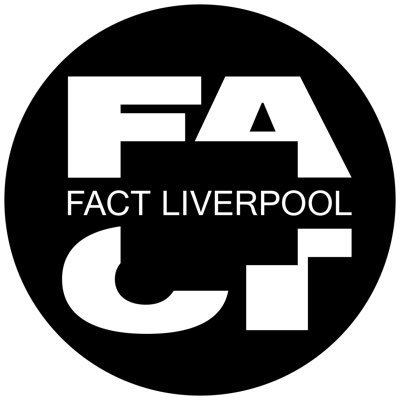
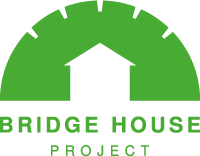
Our Open Access service is designed to connect addicted ex-service personnel with the support of our community, and acts as a hub for referrals, signposting, interaction, engagement and support.
Get in touch if you’d like to meet our community and find out more about the project.
We host several open sessions each week, which include:
For those who need more intensive support, we offer a 12-week residential programme of therapies and activities. The programme, designed in consultation with veterans in recovery and the only one of its kind in the UK, is based upon finding a balance between emotional, physical and mental recovery. In the pre-admission stage, we work with all clients to achieve abstinence prior to embarking on the programme.
In a typical week, the community will take part in an art therapy session, practice mindfulness, play football together, participate in equine therapy, work with a personal trainer at the gym, experience a variety of therapeutic and educational groups, support one another in completing recovery assignments and work on their individual recovery and resettlement plans.
The team works closely with partners such as Mersey Care, The Royal British Legion, Liverpool Veterans’ HQ, BNENC, Everton in the Community, Shy Lowen Sanctuary, FACT, Rydal Hall and a host of others to make sure that the programme remains rich and varied and provides experiences that foster openness, exploration and connection.
We work with each client to begin to develop and embed the mindset, resilience and resources, in other words the “recovery capital”, necessary to build a strong, stable and robust ongoing recovery. By providing a supportive community, education, therapies and opportunities for real self-development, the programme works as a foundation for a new life, and not just a way to overcome the immediate issue of physical dependence on drugs or alcohol.
It is through this bespoke model, with an emphasis on the role of co-occurring trauma, safety, confidentiality and camaraderie, as well as reintegration into “civilian” communities, that a community of ex-servicepeople who possess shared experiences, perspectives and resources, is built.
In addition to providing safe and stable abstinent accommodation for the 12 weeks of the Tom Harrison House recovery programme, the Bridge House Project (BHP) operates a successful “move-on” housing scheme for those who have already embarked on their recovery journey but who still require extra support.
The Bridge House Project consists of nine properties, managed and supported by a team of staff who provide staged, individualised aftercare support for both ex-servicepeople and civilians in recovery.
Initially established to provide supported housing to the burgeoning civilian recovery community in the Liverpool area, the Bridge House Project has transformed its service to accommodate the ever-increasing number of veterans who have completed the Tom Harrison House programme and look to continue their development and to maintain a solid recovery.
As such, the Bridge House community is now made up of a mixture of civilian and veteran residents, allowing for deeper integration of our veteran clients into the wider community, while also bringing their skills and resources to bear for the benefit of all residents.
Managed by a highly competent and creative staff team, embedded across THH and BHP, the project operates at three levels of support. Based on the individual need of each client, there are options to live in a staffed house, in a shared house with regular and on-call support visits, or in one of the third stage “move on” houses with a lower level of support, suitable for those who have regained much of their independence.
A range of activities are on offer to residents, including community outings, group cooking sessions, life-skills courses, education, training and mentorship, meals out and film trips. There are also regular support planning, recovery planning and keyworker sessions, as well as optional therapies including EFT (Emotional Freedom Techniques), Individual Counselling and Group Therapy sessions. The project works with each client to determine the most appropriate level of engagement and interaction for them.
On offer to all those clients who access our service is an additional layer of Family Support, through our MFARE (Military Families Addiction Recovery Experience) programme, developed with support from the Armed Forces Covenant Fund.
The aim of MFARE is to engage with and involve the family members of the addicted client in the recovery process, to improve the understanding, wellbeing and resilience of families of ex-servicepeople recovering from addiction.
It provides family members with the opportunity, through education and support, to begin their own journey of healing and recovery from the impact of alcohol or drug addiction. By including those closest to the client in the recovery process, we aim to ensure that, post-programme, the family can work together in support of their recovery.
Our dedicated MFARE support worker delivers weekly individual family meetings, monthly family groups and quarterly residential sessions. Working alongside the core Tom Harrison House team, our Families Worker is able to provide insight into the clients’ wider recovery process and to highlight additional needs from the broader family perspective.
The service also offers access to an online support group to ensure on-going and out-of-hours support.
Held every Monday at our main centre in Anfield, Liverpool, the community breakfast offers a chance to access support, advice and guidance from the team, as well as to interact with, and be inspired by, our current community of people in recovery.
We provide a hot breakfast and a warm welcome to all who attend, as well as relevant, client-focused support around themes such as healthcare, benefits, detoxification, accommodation and general recovery advice. We also link each client with suitable services that can provide additional support.
Held every Thursday evening, our guest speaker meal is another chance to enjoy some great food and good company, as well as to sit in on an inspirational and motivational talk from someone who’s been in a similar situation, and has changed their life for the better.
We have a variety of speakers ranging from our own recent graduates to those in long-term recovery, all from a variety of backgrounds and lifestyles. These sessions show that recovery is obtainable for all.
In 2021, with support from the Armed Forces Covenant Fund Trust, we launched an additional programme of wellbeing events and activities designed to enhance the core 12-week recovery programme. This range of activities has included a nutrition-focused “Health Circle”, mountaineering challenges including the famous “Three Peaks”, open water swimming, sports events and equine therapy, as well as a chess club, a music group and other community themed groups.
This ongoing programme is a chance for veterans to get up, get out and get moving in an informal and friendly setting where you can interact with those further along in their recovery journey. For some, the camaraderie and sense of belonging they find with like-minded people at these sessions will be their first glimpse of a better life in recovery.